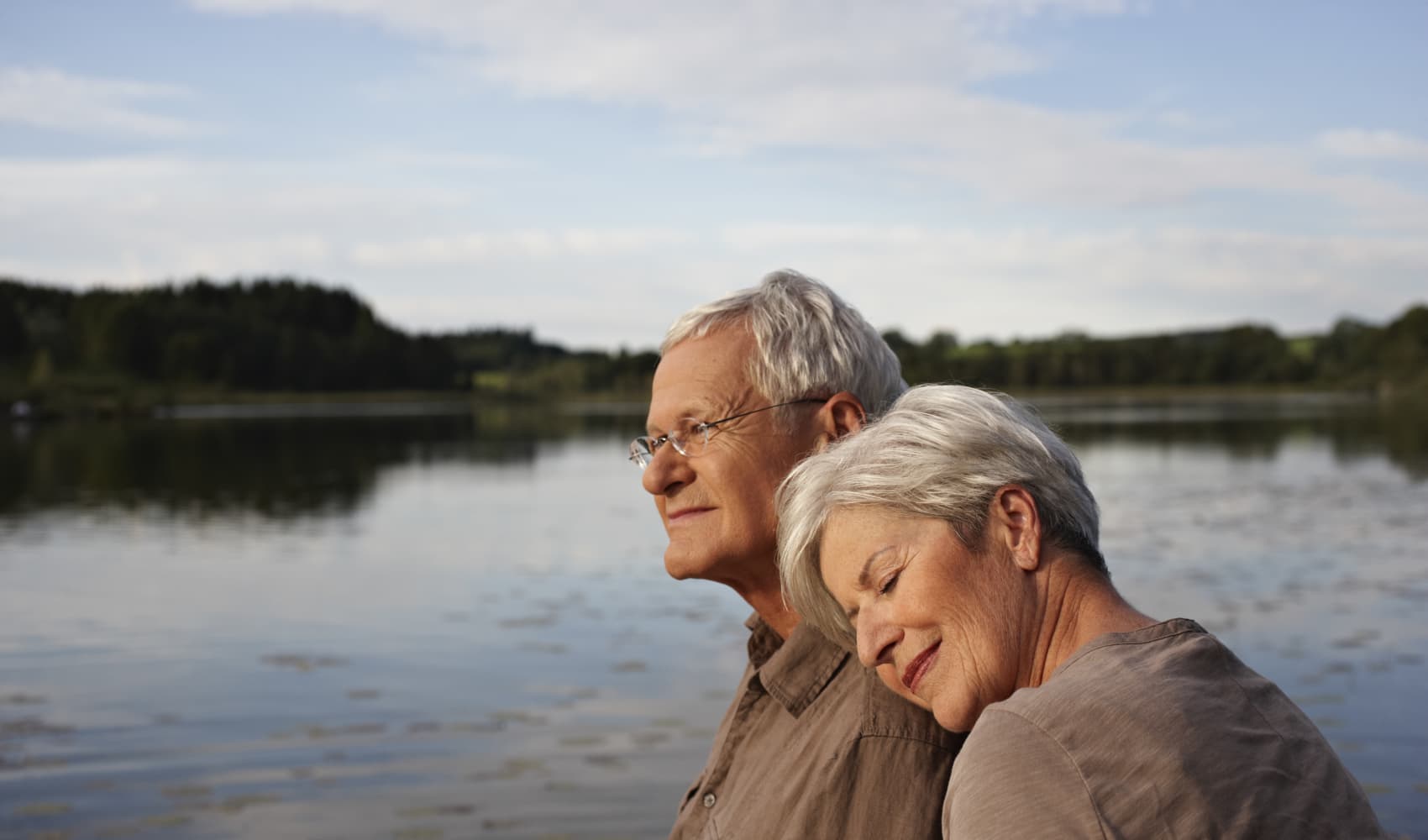
The safest way to celebrate the holidays during the Covid pandemic is to stay home and not congregate with people from outside of your household. But being separated from your family during the festive season can be a bummer amid an already challenging year for people's mental health.
"Queer Eye" culture expert and licensed social worker Karamo Brown has some advice for those who feel lonely this holiday season. "We're all trying to stay above water, or trying to pretend like we're fine," Brown tells CNBC Make It. "We've adapted, but the truth of the matter is we don't even understand the psychological ways that this is going to affect us."
In typical years, it's common for people to experience anxiety and depression around the holidays. The pandemic has only compounded that: Surveys have shown that the pandemic has increased the prevalence of depressive symptoms and anxiety, particularly in young people.
To "help people feel less alone," Brown is hosting an Instagram Live "Holiday Spectacular" on Dec. 17, in which he will award $25,000 to people who have "paid it forward" during the pandemic. Here's are some other ways to cope, according to Brown:
Set alarms to check in
Brown says he sets alarms on his phone "all day long" (at 9 a.m., 12 p.m., 2:30 p.m. and 3:00 p.m) so he can keep track of how his feelings and mood change or fluctuate over the course of a day or extended period of time. "When the alarm goes off, the message is: 'Check in with yourself,'" he says. "Am I feeling good? Am I feeling indifferent? Am I feeling sad?"
For example, you might notice that you're particularly down when you haven't spoken to loved ones in a while, or are more upbeat and energized when you're collaborating with coworkers. "Even just taking a week log of seeing how you feel throughout your week is so important," Brown says.
Money Report
Noticing the patters can provide perspective and "a clear gauge of where you need to work emotionally and mentally so that you can be at your best," Brown says.
Connect virtually, but avoid overbooking
Like many people, "on Christmas day, there's going to be so many people that I'm not going to be with because I'm doing a very Covid-restricted holiday," Brown says. Throughout the pandemic, virtual hangouts have become the norm to replace in-person gatherings.
But overbooking yourself with back-to-back video calls can be emotionally draining. Instead of RSVP-ing yes to everything out of obligation, take advantage of the fact that you can control your schedule. "Plan it out and make sure that you don't put pressure on yourself," Brown says. "If after the first call you're like, I don't want to do it anymore, you can release that and do what you need to do for yourself."
Manage other people's expectations
If you're nervous about telling your friends and family that you will not be coming home to celebrate the holidays, that's normal, but "you should not feel guilty about it," Brown says. It can be challenging to communicate your concerns, because there's a fear that people will take it personally or be disappointed.
"Expressing to them why emotionally is such a clear way to let them know," Brown says. For example, you could say, "I'm very worried about the number of Covid cases in my area. Given my risk profile, I decided it's not safe for me to travel home for the holidays and put other people at risk."
While some people might be comfortable assuming the risk of traveling or gathering, that doesn't mean it's the norm, Brown says. It's important to remember that "we're all experiencing the pandemic differently," he says.
Check out: How to talk about your mental health at work when everything is stressing you out
Don't miss: Here are the 5 best personal loans of December 2020






